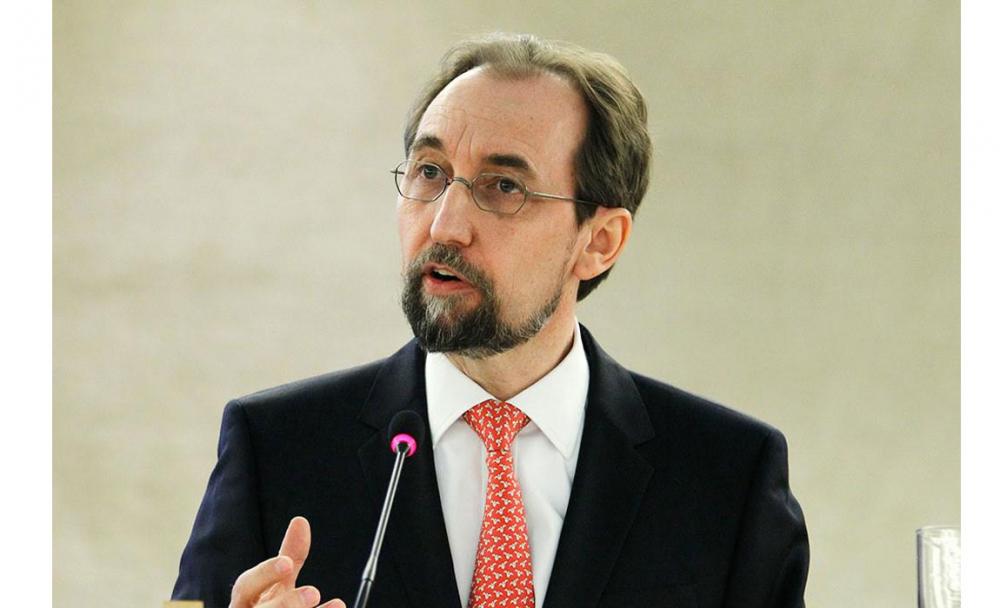Just Earth News 23 Mar 2017, 07:09 pm Print

“It is important for the country's future to send the signal that impunity is no longer tolerated,” Zeid Ra'ad Al Hussein, the UN High Commissioner for Human Rights, told the UN Human Rights Council .
“For this to be credible, [the judicial mechanism] should include a special counsel, foreign judges and defence lawyers, and authorized prosecutors and investigators,” he added, noting that national consultations had also identified international participation as a way to gain the trust of the victi
He also said that while the design of truth and reparations processes appear to be underway, such efforts needed to be in consultation with victims and the civil society, and that the repeal of the terrorism prevention act and its replacement with legislation that complies with international human rights law is to be concluded.
Also in his remarks, the UN rights chief hailed the work of the civil society and human rights defenders in the country and underlined that they must be protected from harassment and intimidation.
Making particular reference to the reports of intimidation of members of civil society at the Palais des Nations (the UN Office at Geneva), the High Commissioner said that his office (OHCHR) would be looking into the issues closely.
He also called on the Sri Lankan Government to consult the independent commissions in the country, the Human Rights Commission, which he said play an invaluable role in strengthening good governance.
“I encourage respect for their mandate and autonomy, adequate financing, and implementation of their recommendations,” he added.
Zeid also welcomed a number of directives made by the President of Sri Lanka regarding detention but noted that reports of torture, excessive use of force and failure to respect due process are a cause for worry.
“There is clearly a need for unequivocal instructions to all branches of the security forces that any such conduct is unacceptable and that abuses will be punished,” underlined the High Commissioner.
In conclusion, the UN rights chief said that victims should be kept at the centre of the efforts in the island nation and noted that justice for them was vital to ensure sustainable peace.
UN Photo/Pierre Albouy
- Viral Irish food bank photo sparks shocking racist attacks on Indians
- Caught on camera: Two foreigners assaulted in Israel in an alleged racial attack
- Pakistan: Parents heartbroken after court sides with man accused of kidnapping minor Christian girl
- Pakistan: Trafficked 35 years ago, Bangladesh-born woman approaches court against FIA for offloading her from flight!
- Hindu tea worker found bound and bloodied in Bangladesh garden during general elections; investigation underway





-1763561110.jpg)
